Piston Slap: Essex Archaeology, Scorched Earth Supras
TTAC Commentator Scorched Earth writes:
Hi Sajeev, my buddy has a manual-transmission, non-turbo 7M-GE MKIII Supra with about 150,000 miles. Supposedly the previous owner had replaced the head gasket at least once. About a month ago it started smelling like burning oil, and the engine is known for being overly prone to blown head gaskets, so he decided to play it safe and take it off the road within 2 hours of the symptom appearing.
Draining the coolant reservoir revealed a sludgy black substance, which we assumed to be oil, within the coolant. Another strike. The spark plugs, too, were swimming in oil. The rest of the coolant, however, was fine. We could not find any coolant mixed in with the oil, either. Furthermore, there was no greyish/whitish substance around the radiator cap.
Still, we went through the arduous process of removing the head. When the moment of truth arrived, the head gasket was found to be undamaged. And at this point, we’re clueless.
The head gasket needs to be replaced regardless since we’ve taken off the head, which will cost about $500. If we can find out what the source of the issue is, that’s fine. But if not, it may make better financial sense to junk the poor car.
Any idea what problem could be posing as a blown head gasket?
GM Mild Hybrids To Return For 2011
Prior to going on television on Monday, I spoke to a GM spokesman in hopes of better understanding the business case for the Volt. Perhaps the most interesting thing he told me was that a major impetus for developing the Volt as an Extended-Range Electric concept was GM’s failure to achieve success with three alt-energy concepts (EV-1, Hydrogen, and yes, E-85 ethanol) due to their need for fueling infrastructure. As we talked, it occurred to me that three other less-than-entirely-successful GM “green car” projects might have helped lead The General down the primrose path to the Volt: GM’s BAS “Mild Hybrid,” the Parallel Hybrid Truck system (PHT), and the V8-based “Two-Mode” hybrid drivetrains. He admitted (somewhat grudgingly) that GM’s hybrid sales had been “disappointing” and that the ambitious Volt project was to some extent motivated by this lack of market success. What he didn’t tell me: GM is bringing back the discontinued mild-hybrid BAS system for 2011.
Chevy Volt: 40 Miles Without A Drop Of… Premium Gasoline?
Ford Exploring Counterintuitive Engine Pricing
Last week, the big news coming out of Ford was that the new Lincoln MKZ would be available with a hybrid drivetrain as a no-cost option. With Mercury on its way out, and Lincoln struggling to carve out a niche in the luxury space, that move made a certain amount of sense at the time. What we didn’t know until today is that the “free” hybrid option on the MKZ was only Ford’s opening salvo on the status quo of automotive drivetrain option pricing. Today, with the 2011 Explorer dominating the news cycle, Ford has announced its latest head-scratcher: making the four-cylinder “Ecoboost” engine option more expensive than the more powerful standard V6. Yes, really.
Honda Ditches Diesel, Focuses On New (Full?) Hybrid Drivetrain
Is This What The Future Sounds Like?
Via Top Gear comes this in-car footage of the Porsche GT3 R Hybrid lapping a racetrack and making some peculiar sounds in the process. Part Porsche purr, part RC Car whine, this new note is one of the first hints at what future supercars will sound like, in particular the forthcoming Porsche 918 Spyder. It may not be the most viscerally evocative sound ever recorded, but dammit, it’s the future.
What's Wrong With This Picture: Mini Is Cummins To Get You Edition
What's Wrong With This Picture: Turbocharging Das Truth Edition
Note to Volkswagen marketing: it’s important to know your competition. The Acura RDX is a compact SUV that comes with a standard turbocharged engine, a fact that makes your already-questionable marketing claim look just plain stupid. Alternatively, this is yet more proof that Acura is the most invisible brand in America. [Hat Tip:Alex Rashev]
Between the Lines: Wither The V8?
As we all know, those oblivious to history are bound to repeat its mistakes. Longtime readers also know I’ve gone down this road before, but the powers of my Twitter news feed shoved extra grist into this particular mill. Behold: Alain Raymond’s blog about the death of the V8 engine. Raymond’s weakest argument revolves around one fact: V8’s did lose mainstream appeal shortly after the demise of the Butterfly Collar. But Alain wishes to beat this dead horse for some misguided reason.
V6 Or Four-Cylinder?
Do you buy the base four-cylinder, or upgrade to a V6? For most car-purchasing decisions, this is an important question to think through. And usually the trade-offs are simple: you can pay more for more power and less efficiency with the V6, or save money and gas with the four-potter. And with fuel prices staying volatile, four-cylinder engines are becoming all the more popular: for example, Hyundai’s new Sonata has been engineered to be four-cylinder only. But according to Consumer Reports, the differences between the V6 and the four-cylinder option aren’t always as clear as you might expect.
The High Price Of High Fuel Efficiency
The National Academy of Science’s National Research Council has released a comprehensive report on fuel-saving technologies and their associated costs [full report available online here, summary in PDF format here], and it’s data-licious. Just about every currently-available (within the next five years) efficiency-improving technology was assessed, not just for efficiency gains, but for cost as well… but let’s wait on the cost part for just one moment. Above, you can see the study’s findings in regard to efficiency gain available through various near-term technologies, as applied to vehicles with 4, 6 and 8-cylinder engines. It should come as no surprise to find that conversion to Hybrids, diesels and dual-clutch or continuously-variable transmissions offer some of the greatest benefits… but what about those costs?
Catfight In Wolfsburg: Audi V.v. Porsche In Re Sportscar Dominance
Ferdinand Piech is cultivating long standing traditions. He always liked to watch a good catfight between his people. In the olden days, he did let plants in Europe compete and bid for cars. Now for the battle royale: Who will develop the basics on which all future sports cars in the Volkswagen empire will be built? Porsche or Audi? The answer should be obvious:
Piston Slap: Polly Want a Subaru-Powered Vanagon?
TTAC Contributor David Holzman writes:
Sajeev, my friend Polly, an avid sheepdogger, wants to know how much weight her early to mid-80s Vanagon can pull. Specifically, she is interested in buying a 700 lb trailer, in which she would haul up to six sheep, each of which weighs 100-150 lbs. Thus, she could end up pulling as much as 1,600 lbs, and who knows, maybe more. How much can she pull without damaging her pride and joy?
The Vanagon has a ’94 engine from a Subaru Legacy–she doesn’t know which engine–but is otherwise all old Veedub. 212k miles on the car, less on the engine, but how much less is unknown. No rebuilds that she knows of. I don’t believe she’s going to be doing any major hill climbing.
Quote Of The Day: Right Round Baby Right Round Edition
Piston Slap: A Fresh Look at Brand Extensions. Seriously.
John writes:
What do we know about the 1.8L V6 used in the 1990s’ Mazda MX-3 sport coupe? Why such a small engine and where did Mazda get it from/how did they design it and market it in the MX-3?
Brazilians Aren't Worthy, Either
Whoever said there’s no replacement for displacement? French Peugeot surely doesn’t think so. Brazil’s Bestcars makes us salivate with the news that Europe will get the chance to fawn over Peugeot’s new medium compact, the 308 GTI. And what do we get? Definitely not that one. The car has 200 hp and torque of 275 Nm. All from a puny 1.6L mill. That’s 125 horses per liter.
Life After The Horsepower Wars: Evo Magazine Slams Audi RS5
The auto enthusiast community is far too fragmented to ever achieve real consensus on any issue, but if there’s a single authority on performance-oriented cars, it’s Britain’s enthusiast bible evo Magazine. So when evo bashes an enthusiast-targeted model, it’s usually worth taking note of. The latest print issue of evo includes a Chris Harris review of Audi’s range-topping RS5 coupe [ online summary here], the 444 hp, V8-powered flagship of its A5 lineup, and from line one the reader can tell that something is rotten in the state of Quattro GMBH. Harris describes an attempt to blow the doors off a 328 hp S4 camera car, only to find that, three gears later, his $15k more expensive coupe had barely gained any ground on the supercharged V6-powered S4. So, what gives?
Ferrari Fights The Future
Despite breaking new ground in the field of brand leverage with its Ferrari World Abu Dhabi theme park, Ferrari does seem to have lost the plot a bit in relation to its “other” business building expensive sportscars. Ferrari’s abandonment of the manual transmission might be justified by faster lap times at Fiorano, and the lightning-fast, dual-wet-clutch transmissions that replace them certainly seem to help keep the Scuderia at the bleeding edge of technology (even if they’re designed and built by Getrag). But underlying the faster times, higher speeds and “digital supercar” honorifics from the motoring press, there’s a sense that Ferrari’s progress must accommodate an ever-more ambitious business plan as much as design the world’s most capable and emotive sportscars. And it’s starting to bear some troubling fruit.
Toyota: $50k Hydrogen Sedan By 2015
Lithium-ion batteries aren’t the only automotive cleantech that appears to be getting cheaper. Toyota’s head of advanced autos, Yoshihiko Masuda, tells Bloomberg that the Japanese automaker has cut the cost of hydrogen fuel cell vehicles (FCVs) by 90 percent in the last five years or so. Mid-decade, Toyota’s per-car estimates for FCVs ran near a million dollars per car. With costs now closer to the $100k mark, Toyota says it plans to cut that number in half by 2015. If they can make that happen, Masuda says, a $50k hydrogen FCV will be on like Donkey Kong.
GM Bets Nearly $900m On Next-Gen V8s, Thanks To E85 Loophole
Another Day, Another 'Ring Record
Piston Slap: LSX + Porker = WIN
Long time readers of this series know I’m a big fan of modifications to achieve a vehicle’s maximum potential. And there’s no better example than a switch to GM’s now legendary LSX small block V8. To prove the point, I saw an LS6 powered, 1980s vintage, Porsche 911 partnered with a LS1 powered 914 at the 2005 Houston Autorama. Lo and behold, that 911-LS6 arrived at a recent Sunday morning cruise-in. So I got to touch it. And then it started up for me. It was Epic.
Ford: 4-Cylinder Explorer, V6 F-150 Launching "By The End Of The Year"
Ford’s relationship with hybrid technology has been an on-again-off-again affair, since Bill Ford first pledged to build 250k hybrids by 2010. And it’s probably a good thing the Blue Oval backed away from that promise, as the firm sold only 33,502 hybrids last year. Meanwhile, Ford still has yet to claim profitability on any of its hybrids (last disclaiming such an achievement (sort of) in 2008). Perhaps because Ford has paid dearly to tag along in the import-dominated hybrid segments, it’s getting a bit jaded about the power of high-cost, high-tech green halo cars to deliver real results. Or, perhaps Ford’s VP of powertrain engineering Barb Samardzich is simply channeling old Henry Ford, when she says:
We are focused on sustainable technology solutions that can be used not for hundreds or thousands of cars, but for millions of cars, because that’s how Ford will truly make a difference
We’ve heard this before, but today’s news puts the four-cylinder future into perfect context in just five words: Four. Cylinder. Explorer. This. Year.



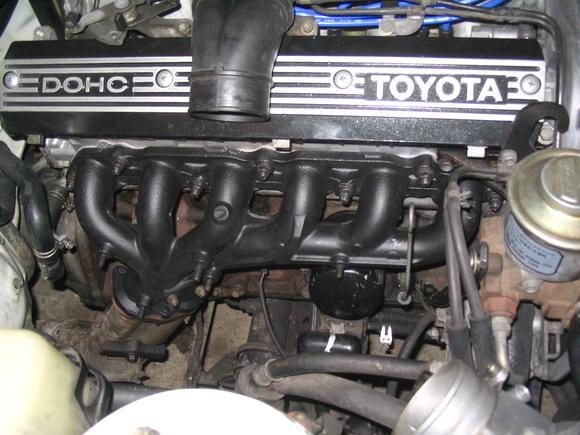
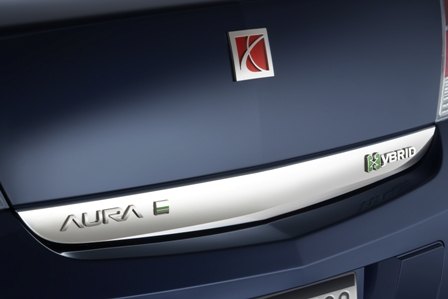

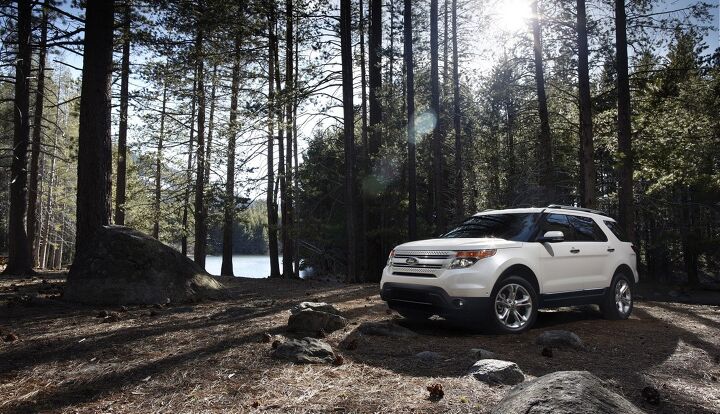
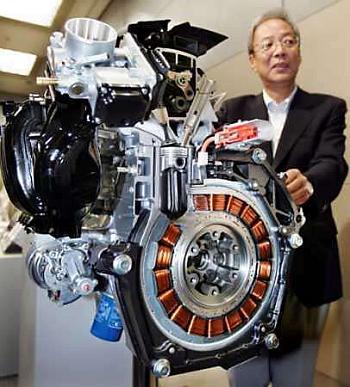
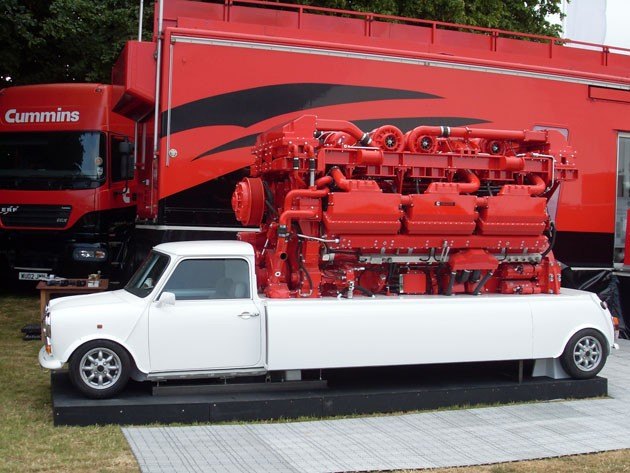
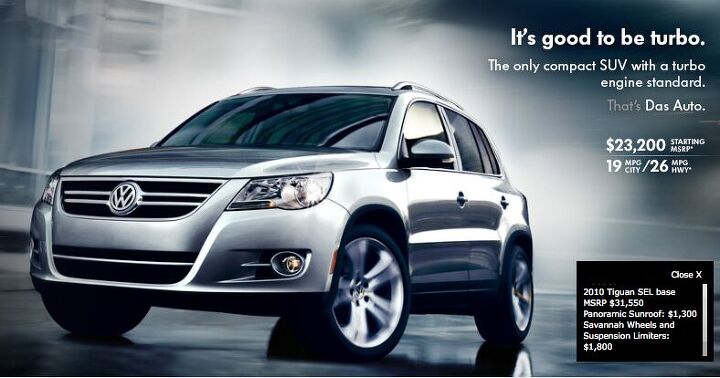

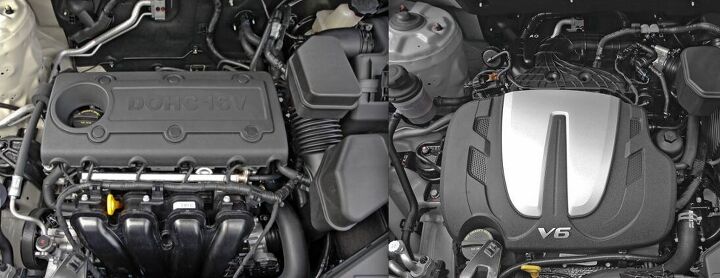
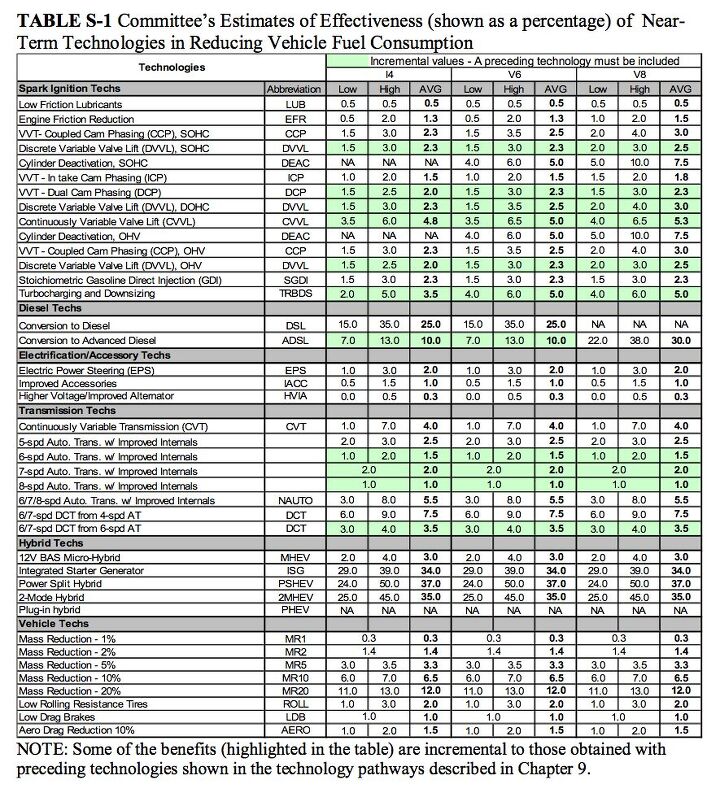
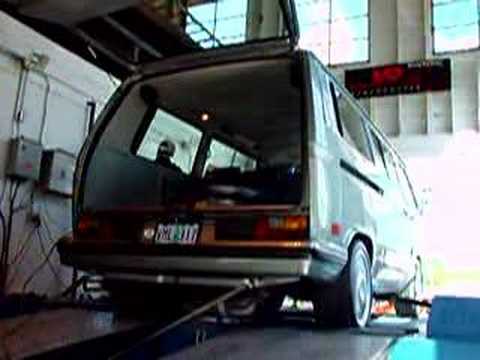
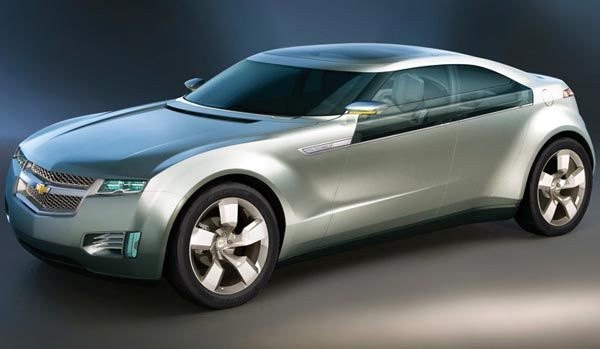
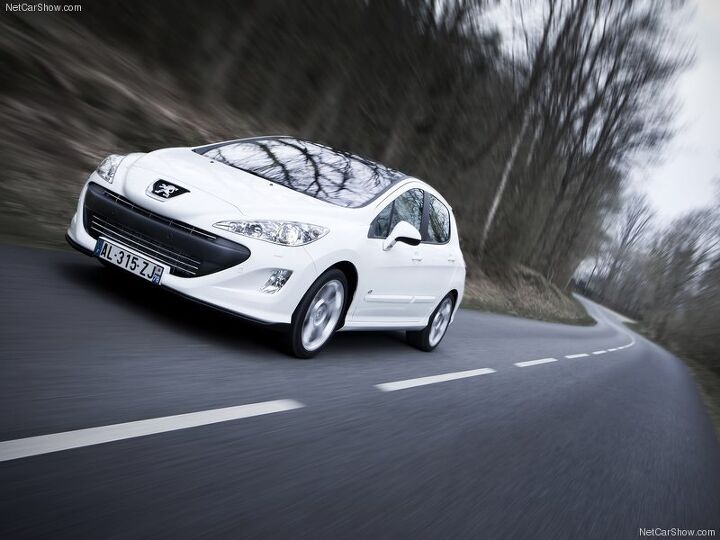
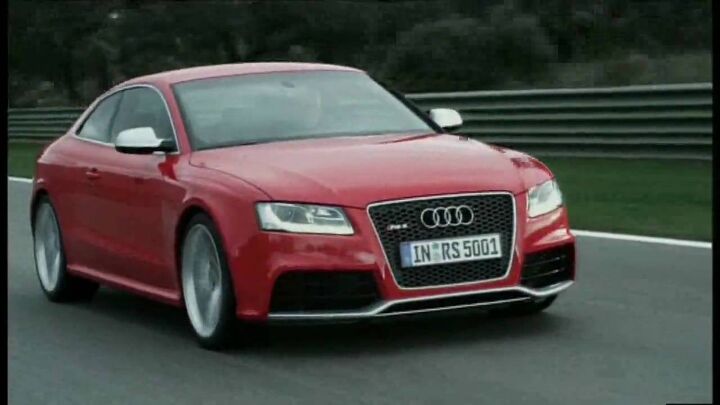
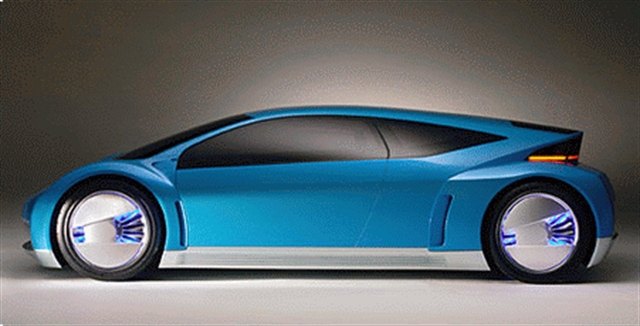


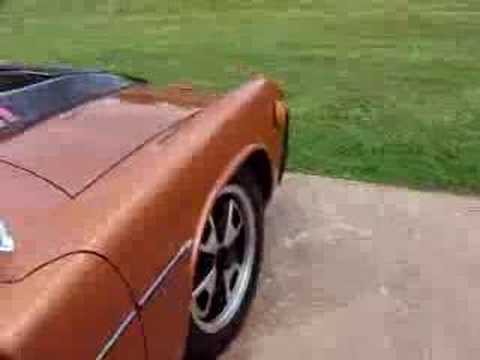













Recent Comments